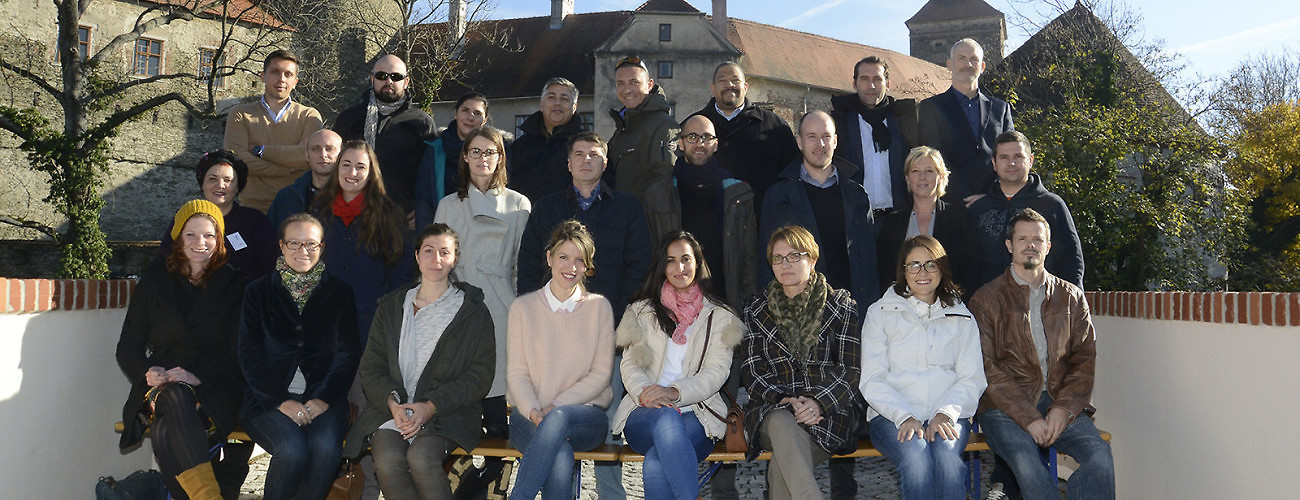Transnational organized crime (TOC) has developed into a powerful force impacting lives both locally and globally, having benefitted from the increasing integration of the global economy and regional proliferation of state fragility. Particularly in the post-conflict context where multilateral organizations are mandated to support the government in re-building state capacities, there is a lack of understanding how to tackle organized criminal networks–“the elephant in the room”–often deeply entangled with government institutions. While UN peace operations have become increasingly complex since their origins as traditional peacekeeping deployments in a post-World War environment, their capacities remain very limited in properly assessing and responding to threats posed by TOC.
On November 2-6, the International Peace Institute conducted its second training course on addressing and analyzing organized crime in fragile states. The specialization course, held at the Peace Castle in Stadtschlaining, was organized in co-operation with the Austrian Study Centre for Peace and Conflict Resolution (ASPR) within the framework of Europe’s New Training Initiative for Civilian Crisis Management (ENTRi). Based on the pilot course conducted by IPI in 2013, the training served as the basis for an EU-certified curriculum that is targeted at staff of multilateral organizations deployed in fragile states where organized crime poses a serious threat to peace and stability.
Conceptually, the training program aimed at providing a holistic perspective to the problem at hand – combining a variety of approaches ranging from law-enforcement to development, which the participants could subsequently apply in a realistic simulation exercise. Equipped with background information about the case study and the opportunity to carry out investigative interviews (with counterparts in the roles of the UNDP resident representative, a local customs official, a rebel leader, a traditional elder and a fisherman), participants were tasked to develop an Organized Crime Threat Assessment (OCTA) and provide recommendations for the required capabilities of a planned UN peace operation.
IPI’s extensive research on the issue was used as a basis for this training course, including From the Margins to the Mainstream: Toward an Integrated Multilateral Response to Organized Crime as part of its Peace without Crime project and developed a methodological guidebook on “Spotting the Spoilers: A Guide to Analyzing Organized Crime. The course attracted twenty participants from twelve different countries, including law enforcement and criminal intelligence specialists, as well as TOC and operations planning experts. Course participants had a chance to interact with IPI staff and international crime-fighting experts, learn about the nature, threat and impact of TOC from practitioners and their experiences in the field (such as the case of Mali) and assess existing and potential operational responses and practical tools to address organized crime.
The course also highlighted practical and political dilemmas faced by practitioners dealing with this challenge in the field. For example, when and how should one tackle the problem? Should one mediate with spoilers involved in illicit activities? And what approaches can be taken when threat assessments reveal that senior officials are complicit in criminal activities?
“Since organized crime is a threat in almost every theater where there are peace operations, we hope that this course will inspire national peace training centers as well as regional and international organizations to factor organized crime into their training programs,” said Walter Kemp, IPI’S Vice President.








